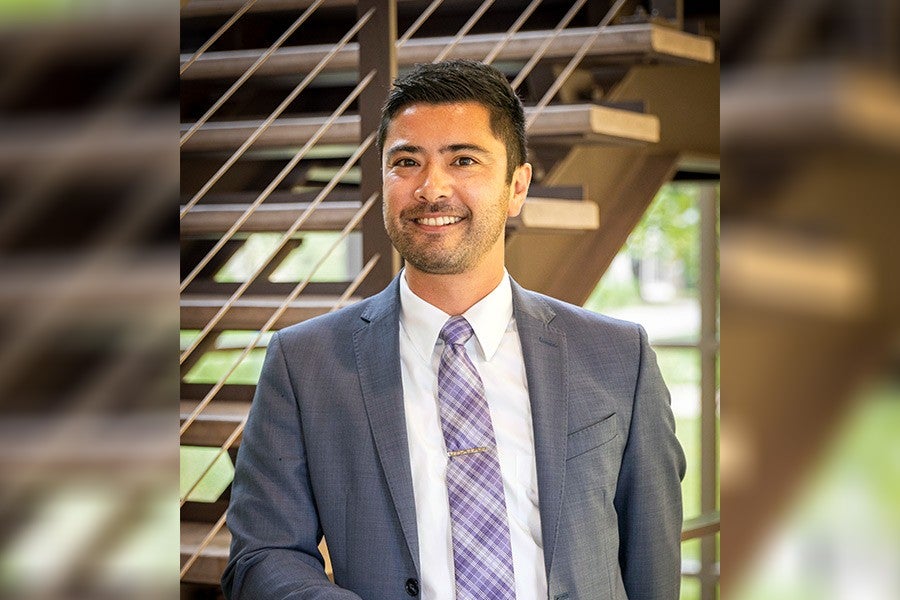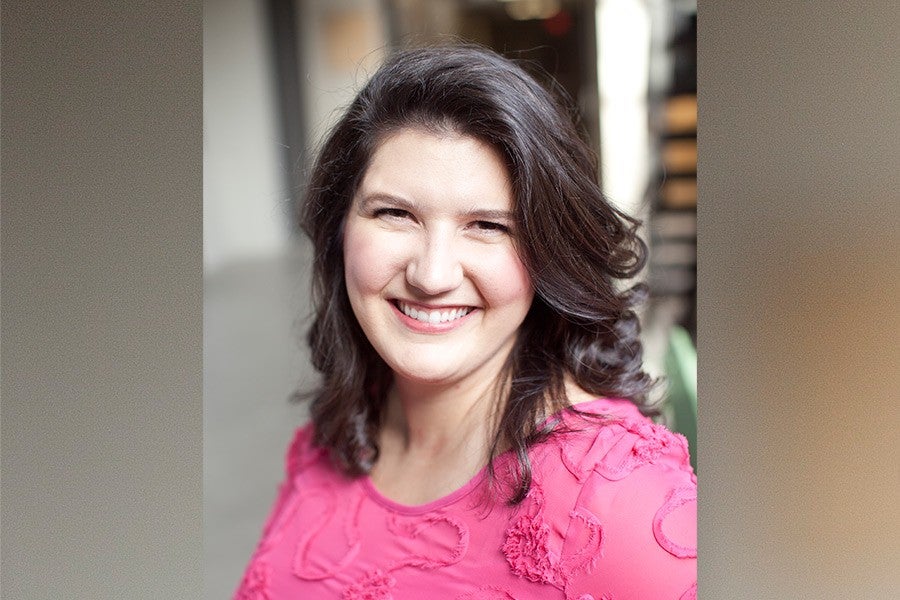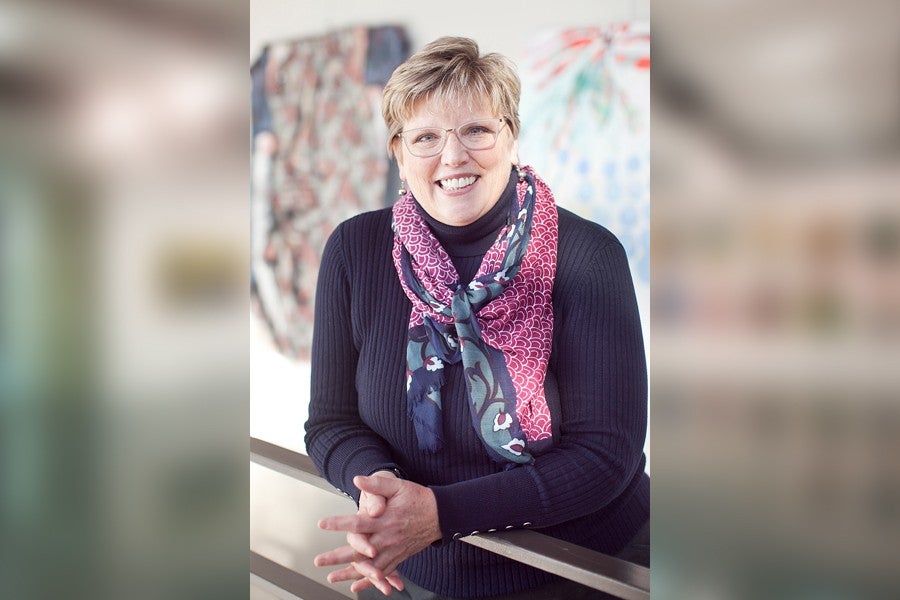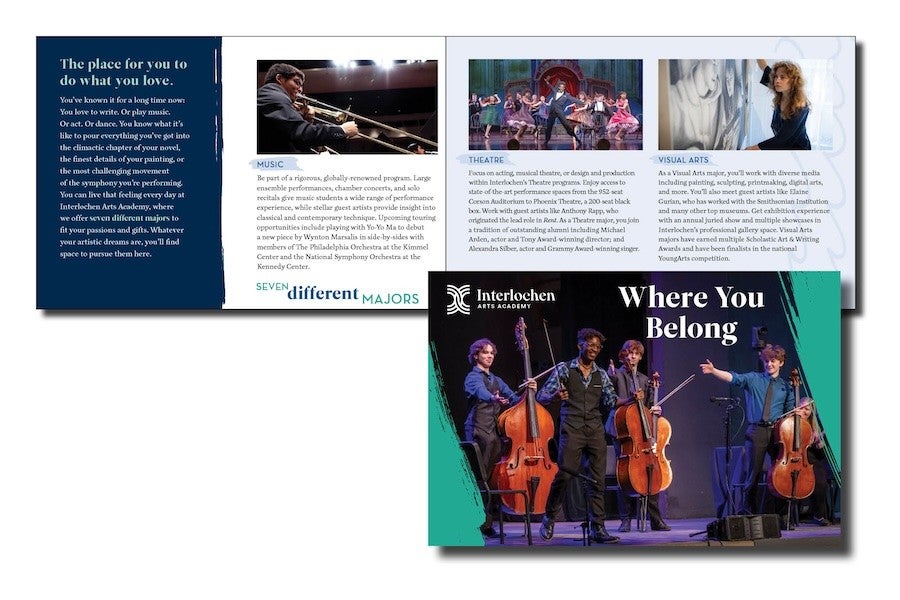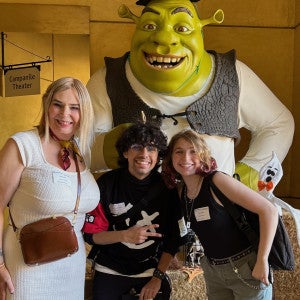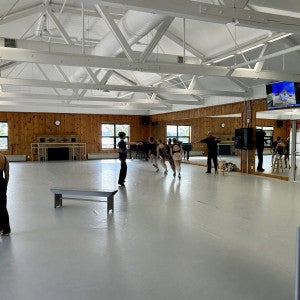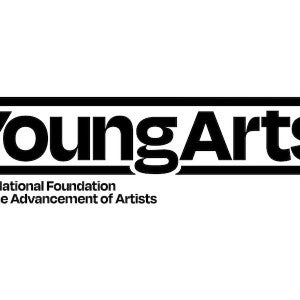Is an arts boarding school right for you?
Interlochen Arts Academy leadership answer the top-five questions prospective students ask us to determine if they’re ready to live and learn away from home.
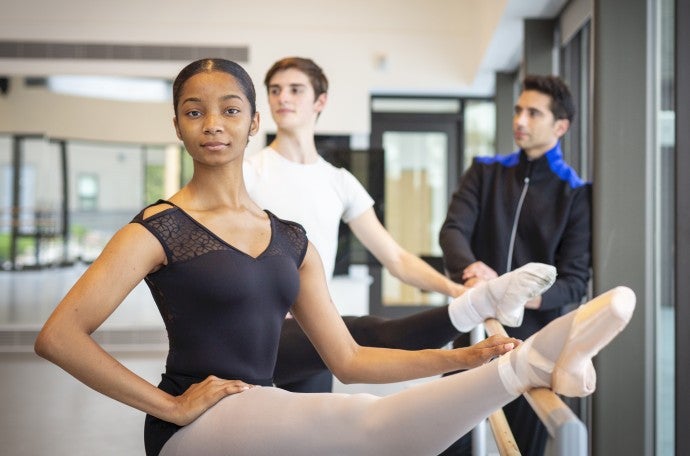
Interlochen Arts Academy is a great fit for many students—especially passionate young artists who are seeking opportunities for growth—but deciding to attend a specialized boarding school is a significant decision. To help you decide if this is the right path for you, we spoke with several key Interlochen Arts Academy leaders to answer prospective students' and families' most frequently asked questions.
Meet the panelists:
- KL: Ken LaBate, Executive Dean of Admission
- EB: Eric Blackburn, Dean of Academics and Academic Support
- ES: Elizabeth Stuk, Dean of Student Life
- JW: Jennifer Wesling, Dean of Camp and Special Projects (former Dean of Students)
Am I good enough to get in? Am I ready artistically?
KL: One of the most common questions from students and parents is “Am I talented enough to succeed at arts boarding school?” Of course, there is no easy answer to this question, and the only way to know for sure is to apply.
But instead of asking if you’re the next Picasso or Mozart, it’s more helpful to look at how you engage with art in your life. Do you find joy in practicing your art? Do you engage creatively within your arts discipline? Do you look for opportunities to bring art and creativity into your academics? And do the arts motivate you to fully apply yourself? If you are already enthusiastic about the arts and feel creativity is a strength, we have the resources to accelerate your growth.
Am I good enough academically? Are the academics rigorous enough for me?
EB: Some students wonder if the academics are going to be too rigorous—and others worry they won’t be rigorous enough. Because our enrollment process emphasizes students’ artistic merits, we have a student body with a broad range of academic experiences. Our faculty thrives on meeting our students’ academic needs, whether that means providing extra support or extra challenges.
We hold office hours every week to meet with students outside of class time; we have faculty-led but student-run Writing and Math Centers; and we offer structured study hall periods in our Academic Center for Enrichment (ACE), led by our Student Support faculty, where students can hone their study skills or just find a quiet place to work.
For students who require a more rigorous academic experience, we offer AP courses and dual enrollment to obtain college credit through our partnership with Indiana University. It’s possible to graduate from Arts Academy with 14 college credits. A majority of our students are accepted into their top three college choices, whether that’s leading arts schools and conservatories or top academic programs like Harvard, Princeton, or Brown.
Am I ready to leave home?
KL: In addition to our artistic and academic faculty, we have a residence life faculty who help students adjust to their new life at boarding school. They guide students to develop critical life skills such as executive functioning, work ethic, conflict resolution, and so on. That’s an important and often overlooked benefit of the boarding school experience.
ES: Living on campus requires independence, but we don’t expect students to be totally independent on the first day. We have three faculties on campus—academics, arts, and Residential Life. There is a lot of mentoring and help available to students, and their Instructors and Senior Instructors of Residence Life provide live-in support. In the first weeks of school, we have programming on how to do laundry, how to manage time, and even how to use the microwave. We help students understand how to be a good roommate and how to resolve any disagreements in a constructive way. And throughout the year, we make sure they get the help they need if they’re struggling in any way.
JW: Whether you leave home at age 14 or 18, there is going to be an adjustment period. The big difference is that at a boarding school, we’re able to offer significantly more support than what you would receive in a college setting. Our residential life curriculum is designed to teach the independent living skills that will help you grow into a successful young adult. These lessons will give you a big head start when you get to college.
If you’re considering boarding school, start practicing independence at home: waking up without help; doing your own laundry, and so on. It will build confidence and make for an easier adjustment when you move out on your own, whether for boarding school or college.
What if I’m uncertain about a career in the arts?
KL: At our core, we are a high school—a boarding high school with a co-curricular arts component and a college preparatory curriculum. While most students choose this school because of our arts opportunities, our academic program builds a strong foundation for any possible future path. When students leave here, many go on to careers in the arts, but a significant number start in careers outside the arts that still draw upon the creative—and academic—preparation that they received at Interlochen.
No matter what career path a student ends up following, one of the most important benefits of an arts education is the momentum it creates. The passion and curiosity, which are inherent to the arts, are going to drive students to learn valuable foundational skills in communication, time-management, self-direction, collaboration, and more.
EB: Our academic counselors work closely with students to ensure they are keeping doors open. If a student decides they want to study engineering at Stanford, we want to make sure their academic preparation makes that path available to them.
Our students are so passionate about their arts, and that drive is transferable to other areas of their life, including academics. The self-discipline and ability to self-evaluate as artists serves them very well in other areas.
What else should I consider in my decision making?
KL: It’s important to reflect on your motivations. Why do you want to attend an arts boarding high school? Are you running toward Interlochen? Or are you running away from something else?
From time to time, we hear from students who are unsatisfied with their current school and wonder if they could find a fresh start at Interlochen. If this is the case for you, it’s important to take an honest look at the roots of your dissatisfaction. Are you unhappy because you don’t have enough opportunities to practice or improve in your art? Or because your peers just don’t relate to your interests? If that’s the case, then Interlochen really might be a perfect fit for you. But if your frustrations are rooted in something else—and that could be anything, from boredom to social or academic issues—then moving to an arts-focused school may not be the best solution for you.
However, when you’re running toward Interlochen, you’re motivated and inspired by the idea of spending hours every day immersed in the arts. You love the prospect of being around people who are just as excited by arts and creativity as you are. And when you love something, working hard at it for several hours a day doesn’t feel like work. Your passion for the arts sets you up for success.
Dive deeper into Interlochen Arts Academy with a free digital viewbook
